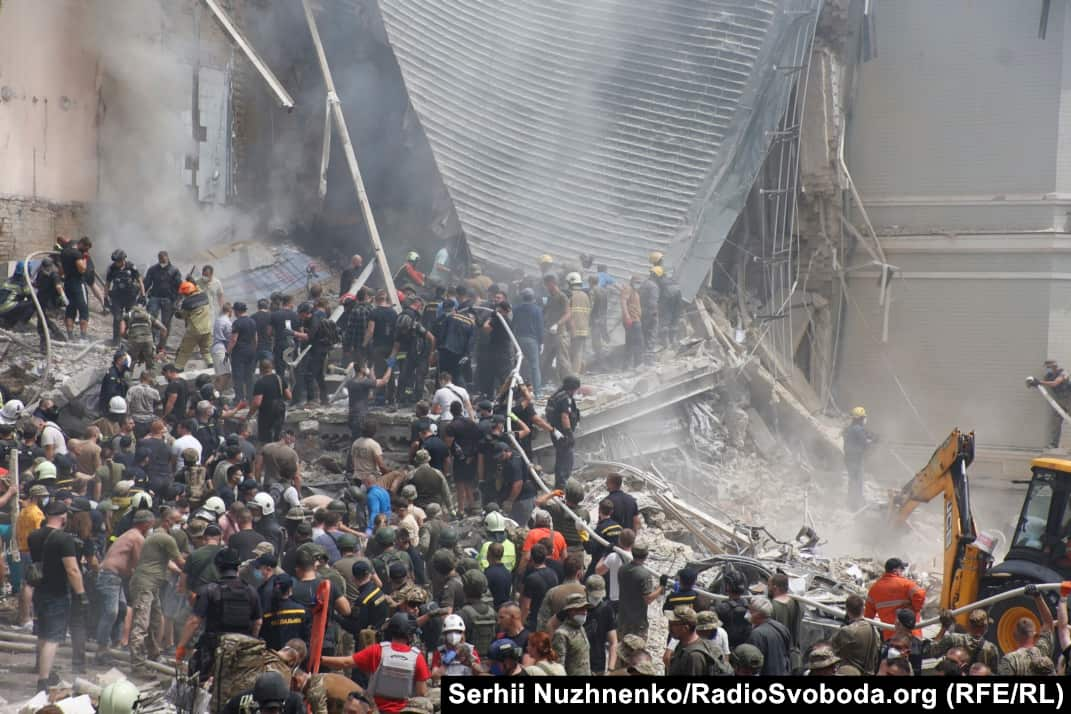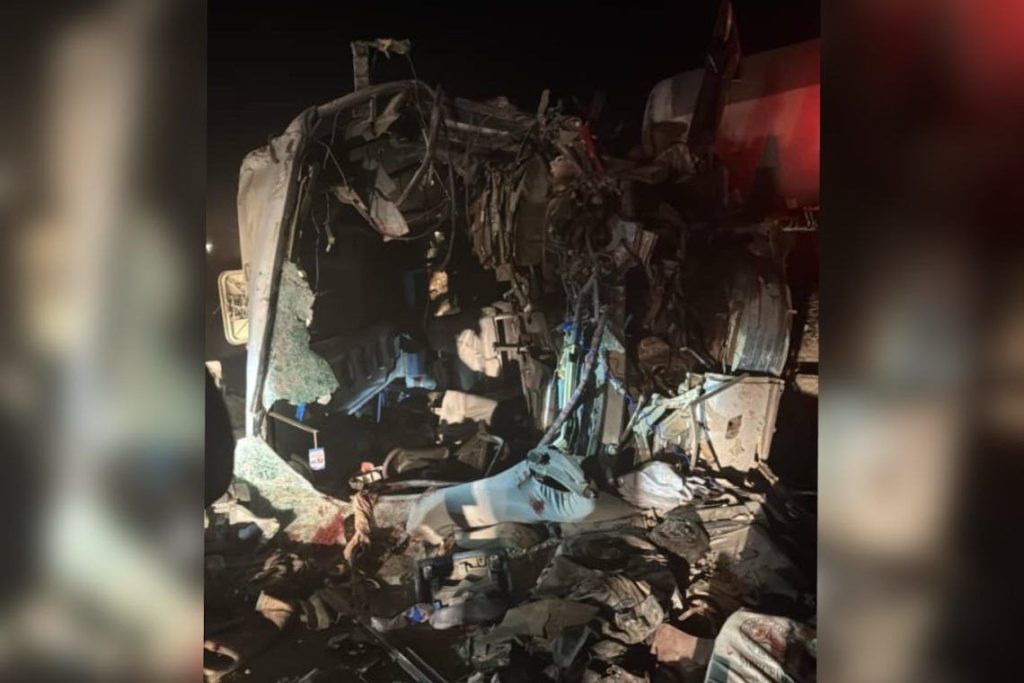The Russian missile attack on Ukraine’s largest children’s hospital, Okhmatdyt, has severely disrupted the treatment of dozens of young cancer patients. The strike, part of a broader bombardment of Kyiv, has forced the relocation of over 600 children to other medical facilities across the city.
Kabil 24: The assault resulted in the deaths of at least 31 people and left more than 150 wounded, including hospital staff and children. The damage was particularly devastating, with the hospital’s intensive care, surgical, and oncology units sustaining significant destruction.
Families Face Difficult Choices for Continued Treatment
The closure of Okhmatdyt has left many families, like that of 2-year-old Dmytro, facing difficult decisions about where to continue their children’s cancer treatment. Dmytro and 30 other patients from the hospital are now being treated at the National Cancer Institute, which has seen its patient load double.
Some parents, like Dmytro’s mother, Oksana Halak, are now considering evacuation to hospitals abroad, as they feel their children cannot receive the necessary care in Kyiv. Others, like Yuliia Vasylenko, whose 11-year-old son Denys was set to start chemotherapy, are determined to remain in the city, despite the added stress and uncertainty.
Rebuilding Efforts Underway, but Challenges Remain
In the aftermath of the attack, Ukrainians have rallied to support the restoration of Okhmatdyt, with over $7.3 million raised through a national fundraising platform in just three days. The hospital’s doctors are working tirelessly to treat the evacuated patients while also preparing for the hospital’s reconstruction, which may take months to complete.
The impact of the Russian missile strike on Okhmatdyt has not only devastated the hospital itself but has also disrupted the lives of countless families whose children were receiving critical cancer treatment there.
As the rebuilding process begins, the resilience and determination of the Ukrainian people will be tested, as they strive to ensure their most vulnerable citizens receive the care they so desperately need.







